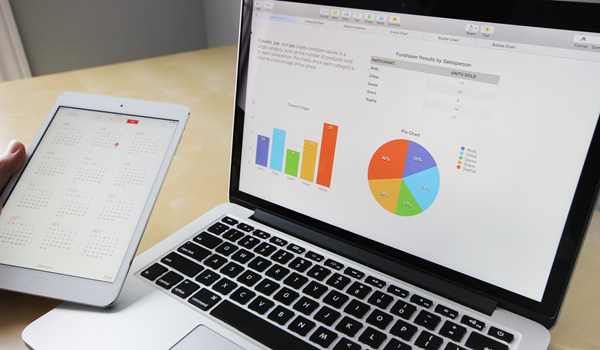Test Results
Results of Tests and Investigations
When you attend for a test of any kind you will be told how long you should expect to wait for the results. Please bear this in mind and only call the surgery once sufficient time has elapsed.
Our reception staff are not qualified to comment on results therefore it is your responsibility to check them and make any necessary follow-up appointment with the doctor.
Please note that we do have a strict policy regarding confidentiality and data protection. In this respect we will only give out results to the person they relate to unless that person has given prior permission for their release or if they are not capable of understanding them.
If you have an online access to your medical records, with GP approval, we are able to give you access to your test results. Download the NHS app to register or via this page to find out how to register.
Blood Tests
A blood test is when a sample of blood is taken for testing in a laboratory. Blood tests have a wide range of uses and are one of the most common types of medical test. For example, a blood test can be used to:
- assess your general state of health
- confirm the presence of a bacterial or viral infection
- see how well certain organs, such as the liver and kidneys, are functioning
A blood test usually involves the phlebotomist taking a blood sample from a blood vessel in your arm and the usual place for a sample is the inside of the elbow or wrist, where the veins are relatively close to the surface. Blood samples from children are most commonly taken from the back of the hand. The childs hand will be anaesthetised (numbed) with a special cream before the sample is taken.
You can find out more about blood tests, their purpose and the way they are performed on the NHS Choices website.
X-Rays
An X-ray is a widely used diagnostic test to examine the inside of the body. X-rays are a very effective way of detecting problems with bones, such as fractures. They can also often identify problems with soft tissue, such as pneumonia or breast cancer.
If you have an X-ray, you will be asked to lie on a table or stand against a surface so that the part of your body being X-rayed is between the X-ray tube and the photographic plate.
An X-ray is usually carried out by a radiographer, a healthcare professional who specialises in using imaging technology, such as X-rays and ultrasound scanners.
You can find out more about x-ray tests, how they are performed, their function and the risks by visiting the NHS Choices website.
Breast Screening
If you have any queries about the routine breast screening service please call please visit their website at - https://www.hampshirehospitals.nhs.uk/breastscreening
Their telephone number is 01962 863 535.
PSA Testing
If you would like to enquire about PSA screening, the GPs have asked that you kindly read this information leaflet first.. If you would like to continue to have the test and have read the leaflet, please call the practice.
Bowel cancer screening
NHS bowel cancer screening checks if you could have bowel cancer. It's available to everyone aged 60 to 74 years.
The programme is expanding to make it available to everyone aged 50 to 59 years. This is happening gradually over 4 years and started in April 2021.
How to get a home test kit
Everyone aged 60 to 74 years who is registered with a GP and lives in England is automatically sent an NHS bowel cancer screening kit every 2 years.
The programme is expanding so that everyone aged 50 to 59 years will be eligible for screening. This is happening gradually over 4 years and started in April 2021 with 56 year olds.
The programme has also started to include 58 year olds, so you may get a test before you're 60.
Make sure your GP practice has your correct address so your kit is posted to the right place.
If you're 75 or over, you can ask for a kit every 2 years by phoning the free bowel cancer screening helpline on 0800 707 60 60.
If you're worried about a family history of bowel cancer or have any symptoms, speak to a GP for advice.
More information is available here: Bowel cancer screening - NHS (www.nhs.uk) (Accessed13/07/2023)
What is cervical screening?
- Cervical screening (a smear test) checks the health of your cervix. The cervix is the opening to your womb from your vagina.
- It's not a test for cancer, it's a test to help prevent cancer.
- All women and people with a cervix aged 25 to 64 should be invited by letter.
- During the screening appointment, a small sample of cells will be taken from your cervix.
- The sample is checked for certain types of human papillomavirus (HPV) that can cause changes to the cells of your cervix. These are called "high risk" types of HPV.
- If these types of HPV are not found, you do not need any further tests.
- If these types of HPV are found, the sample is then checked for any changes in the cells of your cervix. These can then be treated before they get a chance to turn into cervical cancer.
- The nurse or doctor will tell you when you can expect your results letter.
Try not to put off cervical screening. It's one of the best ways to protect yourself from cervical cancer.
More information available here: Cervical screening - NHS (www.nhs.uk) (Accessed 27/12/2023)
Cervical Screening - Help you decide information (accessed 27/12/2023)
Cervical Screening - Support for people who feel anxious about attending (Accessed 27/12/2023)

